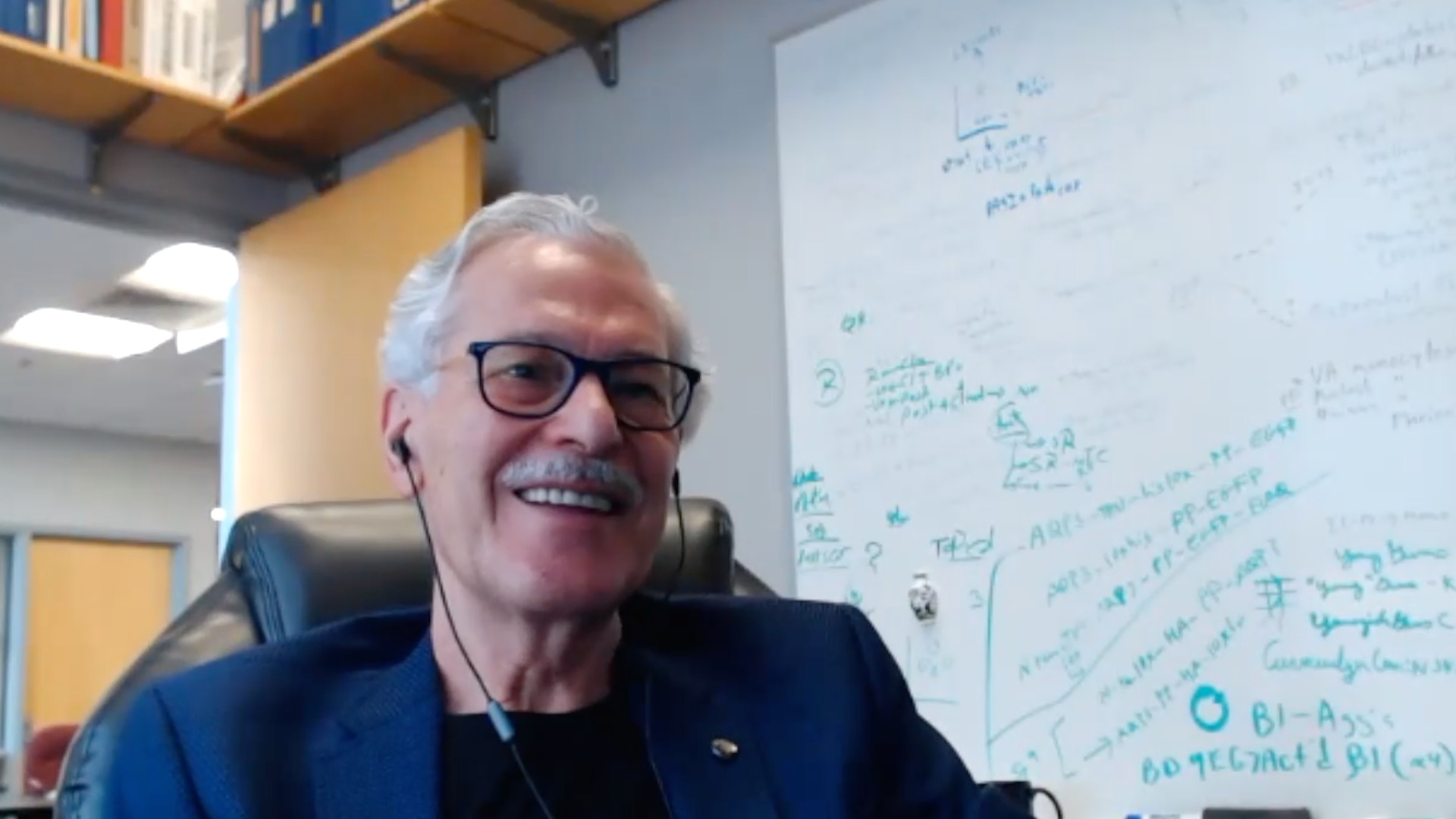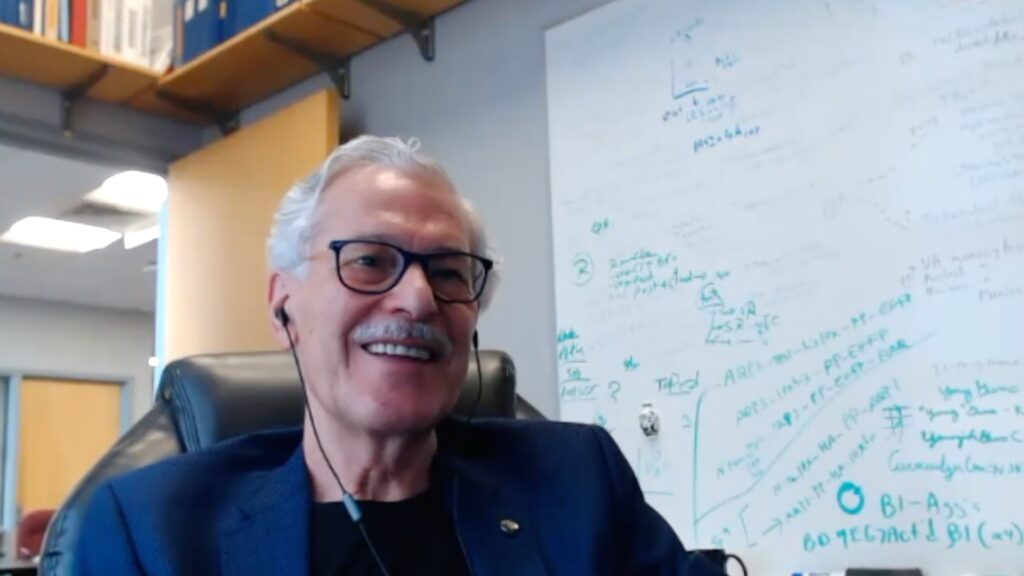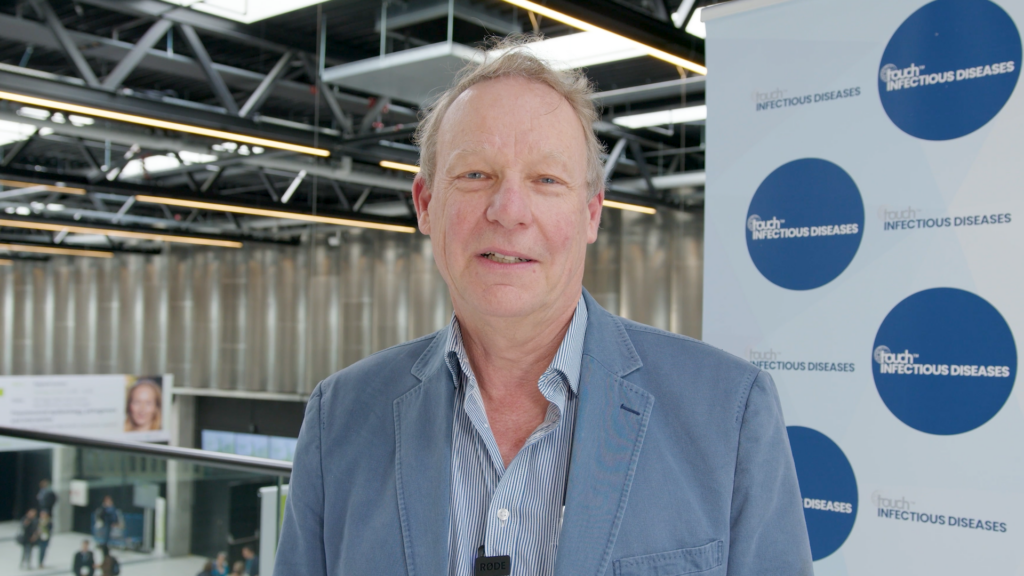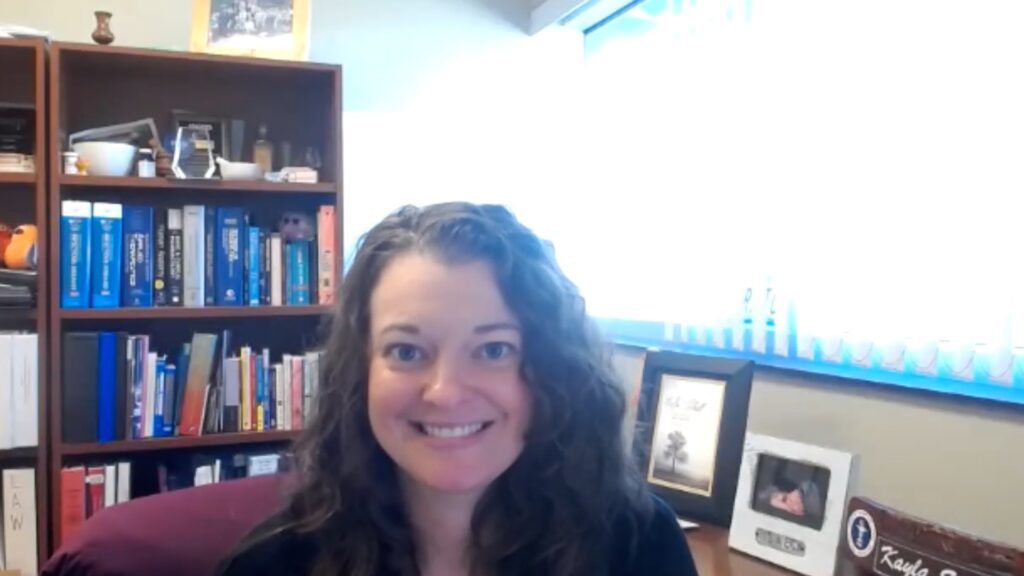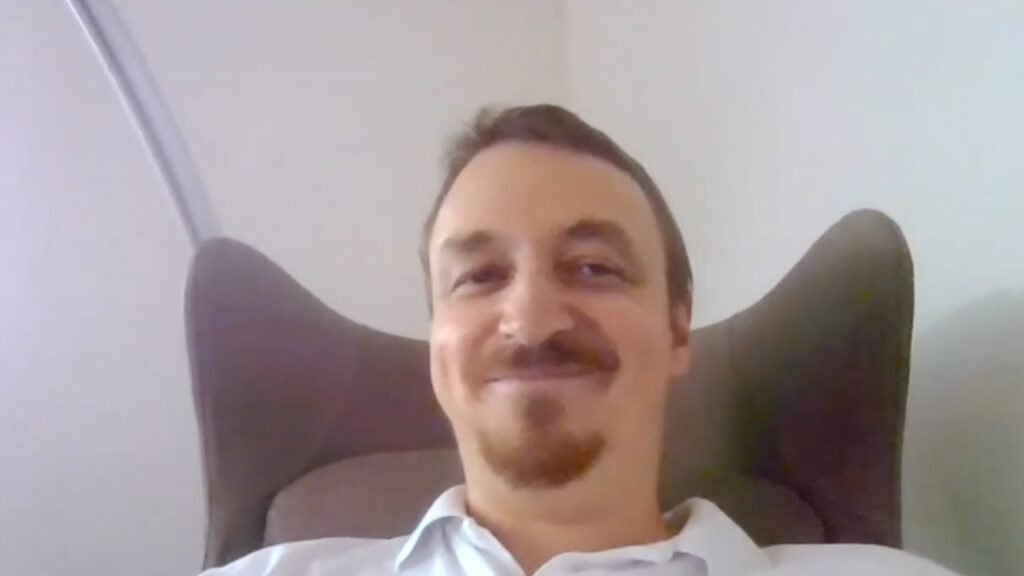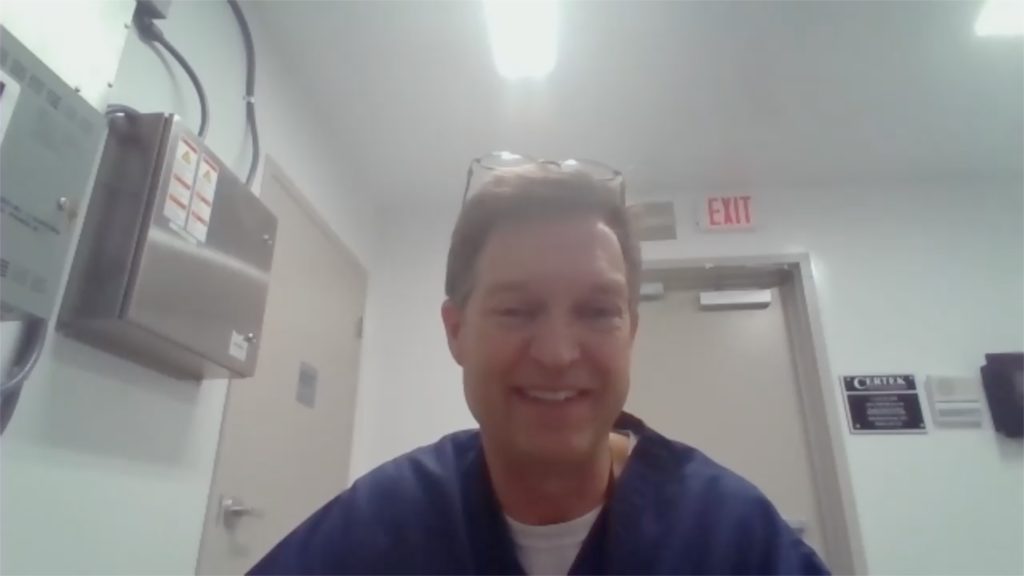The phase 3 ReSTORE trial (NCT03667690) was a randomized, double-blind, non-inferiority study comparing the efficacy and safety of rezafungin with caspofungin in the treatment of candidemia and/or invasive candidiasis. touchINFECTIOUS DISEASES had the opportunity to speak with Dr. Alex Soriano (University of Barcelona, Barcelona, Spain) to discuss the unmet needs and mortality in candidemia and invasive candidiasis, the aims, design, inclusion criteria and findings of the phase 3 ReSTORE trial and the impact these findings will have on clinical practice.
The abstract ‘Safety outcomes with rezafungin and caspofungin in the treatment of candidaemia and/or invasive candidiasis: phase 3 data from the ReSTORE trial.‘ (Abstract number: P2061) was presented at ECCMID 2023, 15-18 April, 2023, Copenhagen, Denmark.
Questions
- Could you give us a brief overview of the unmet needs and mortality associated with fungal infections prior to the approval of rezafungin? (0:13)
- Following approval, where will rezafungin fit in the treatment paradigm for candidemia and/or invasive candidiasis? (0:55)
- What were the aims, design and inclusion criteria of the phase 3 ReSTORE trial? (1:40)
- What were the findings in terms of treatment-emergent adverse events and serious adverse events? (2:59)
- How did the safety profile compare with that of caspofungin and what impact will this have on clinical practice? (3:32)
Disclosures: Alex Soriano has nothing to disclose in relation to this video interview.
Support: Interview and filming supported by Touch Medical Media Ltd. Interview conducted by Katey Gabrysch and Victoria Jones.
Filmed in coverage of the 33rd European Congress of Clinical Microbiology & Infectious Diseases.
Click here for more content on fungal infection & for further ECCMID 2023 highlights visit here.
Transcript
Could you give us a brief overview of the unmet needs and mortality associated with fungal infections prior to the approval of rezafungin? (0:13)
Well, mainly the most important fungal infections are Candida and these are common infections in neutropenic patients, but also quite common in ICU patients, particularly among those that have been under broad spectrum antibiotic therapy, parenteral nutrition, and also among those patients that have received complicated intra-abdominal surgery. The problem is that these infections, particularly among the ICU population, had a very high mortality, that it’s about more than 20% nowadays.
Following approval, where will rezafungin fit in the treatment paradigm for candidemia and/or invasive candidiasis? (0:55)
Yeah, it’s very important a new approach because rezafungin is a new echinocandin that has a broad activity against candida in all the species Candida species, even for those that are resistant to azoles. So, in addition to that, it is a very new drug offering, a very new echinocandin, because it has a very long half-life and so it means that we can administer once per week and this is convenient in order to reduce the amount of drugs that we are giving through intravenous. But in addition, it could help to manage some outpatient clinics that require long therapy with this kind of echinocandins.
What were the aims, design and inclusion criteria of the phase 3 ReSTORE trial? (1:40)
Well, this is a randomized double-blind, double dummy controlled trial and the trial compared patients that were treated with rezafungin 400 milligrams at the beginning, first loading dose and then 200 milligrams every week and the comparator arm was caspofungin, the standard dosage in patients with candidaemia and invasive candidiasis. The main outcomes were the 14 day clinical cure and the all-cause mortality at day 30 and in both locations the noninferiority was achieved and in addition, what the trial also demonstrates is that it’s a very well tolerated drug as with any echinocandin. But also, there is a subgroup analysis among those patients with candidaemia that demonstrates a higher eradication rate at day two, day three among those patients receiving breadth of function, probably because of the loading dose, 400 milligrams at the beginning, that it makes some life that maybe it’s even more active than caspofungin, although the difference was not statistically significant.
What were the findings in terms of treatment-emergent adverse events and serious adverse events? (2:59)
Well, it’s a very well-tolerated drug as with any other echinocandin, when in the rest of the trial compared with the adverse events of caspofungin, it was exactly the same. There was no signal of any additional adverse event, not even considering that this is a long-acting antibiotic. The duration of adverse events was similar between both arms. So no, no problem and it shows a very good safety profile.
How did the safety profile compare with that of caspofungin and what impact will this have on clinical practice? (3:32)
Well, as we mentioned in the ReSTORE trial, the safety profile was exactly the same in both arms, even when rezafungin is a long-acting antibiotic, so it means once you infuse this you cannot stop for, of course, the next week. But what has been observed is that the duration of adverse events is exactly the same as caspofungin. In general, the clinical impact is that we can use a long-acting echinocandin when we have any problem, it’s safe, it has a very good safety profile, so the major interest is that we can use this drug without any problem.
Subtitles and transcript are autogenerated.

